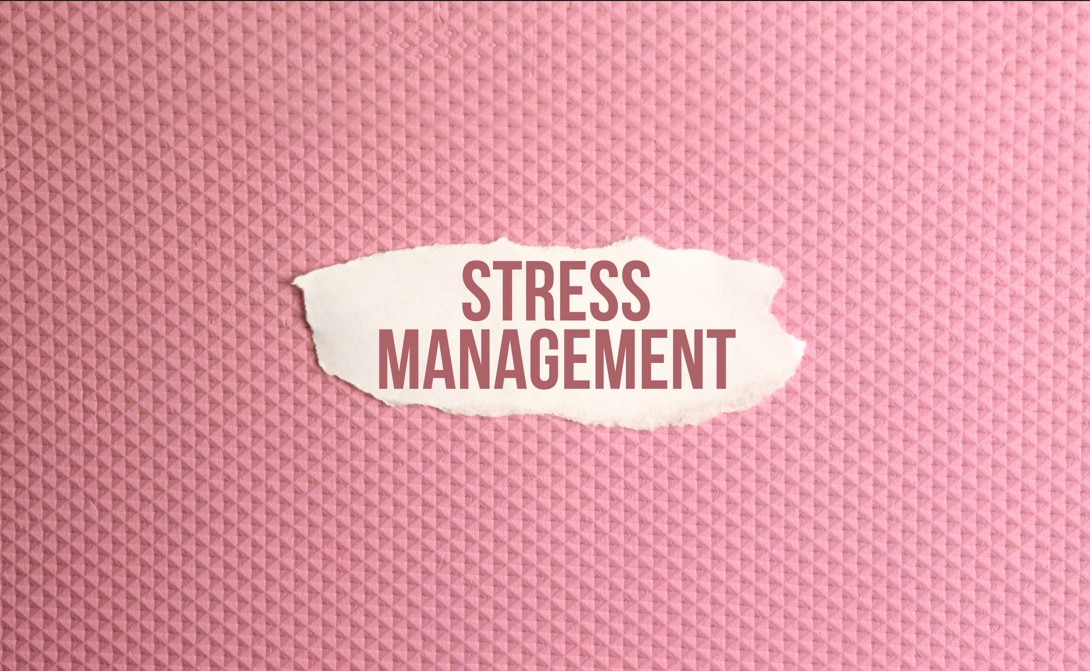Every person goes through a significant number of life events across their lifetime that vary in size, length of time, and significance. Life events are social experiences or changes that have a certain origin and course and affect a person physically, mentally, socially, and spiritually. These occurrences range from significant, involving significant change, to trivial, having little effect on their own.
Events in life are considered significant because they may promote healthy development and adaptability or they may cause illness and problems. Bereavement, changing schools, moving homes like in a condo in Sucat, and parental divorce or separation are a few typical instances of life events.
Stress Is Real, and It Concerns the Mental Health

Some folks feel as though everything suddenly collapses around everyone with all the events going on. There are obligations both at home and at work, incomplete projects, and challenging relationships. Sometimes, everything simply gets to be too much, causing chronic stress to bounce back to a person’s body.
The body’s tendency to guard itself and adjust to the unfamiliar experience is what causes feelings of stress. This inclination is useful in critical situations, such as when someone has to dodge a flying baseball bat. But if different stress levels are still not appropriately managed, it might result in harmful physical problems or a serious illness.
Stress is a state of being brought on by excessive mental or emotional tension. When a person feels powerless in handling the pressure, it turns into too much stress which triggers a fight or flight response in the body. People respond to stress in diverse ways, thus a circumstance that is stressful to an individual could be inspiring to another.
Are You Stressed?

A person who is stressed out could feel agitated, worried, or poor in self-esteem. Then, depending on how they tolerate stress, one can have racing thoughts, worry all the time, or mentally go over things. They might observe that they get angry more quickly, eat more, or act irrationally. The individual may also experience headaches, muscle strain or soreness, high blood pressure, or lightheadedness on a physical aspect.
In this sense, an event or situation that triggers stress for one person may not be distressing for another. However, some circumstances can make people more susceptible to stress and burnout than others do, depending on the way they cope with stress.
Stress is more likely to occur when people are faced with demanding circumstances but have limited control, few options, and poor coping strategies. Even with well-nourished bodies and a sound daily routine, stress will still come, but those who do not have any of these two have a higher risk of acquiring chronic stress. Stress can also arise when we lack the necessary skills when we fear harsh judgment from others, and when the penalties for failing are severe or uncertain.
People all experience stressful situations variously, much as everyone perceives stress differently. Some people might have headaches, others might discover that having chest pain is a usual response, and a person might have a variety of additional problems.
Although everyone responds to stress differently, there is a broad list of generally felt symptoms of stress that range from minor to potentially fatal. Immunity is influenced by stress, which affects almost every aspect of health. Stress has a variety of other effects on mood as well. A strategy for mental well-being frequently includes developing a strategy for stress management that includes social support.
Tips to Manage Stress
Although stress is not a disease in and of itself, when it is not treated, it can lead to significant illness. Early identification of perceived stress is crucial. Understanding the signs and symptoms of stress will enable anyone to come up with coping mechanisms like sleep, exercise, or other leisure activities and prevent you from using harmful coping mechanisms like cigarette smoking or consuming alcohol.
Do breathing exercises

Stress can occasionally show up physically. Without realizing it, your mind is racing, your pulse rate is starting to increase, and you begin to sweat. Taking a deep breath is the best initial action you can do in these circumstances. It is not the most recent method, and it appears to be overly straightforward. When you are under a great deal of stress and the stress hormones start to kick in, deepen your breathing in, place your hands on your stomach and feel it extend out for five seconds, and then take a slow, steady breath out for another five seconds. For the best results, continue doing this for two to three minutes. This will help you reduce your bodily response to stress and recover control of yourself during stressful situations.
You can practice meditation in your condo in Sucat and find peace with simple breathing exercises whenever you feel stressed or overwhelmed by anything.
Don’t beat yourself up too much, stress management is about lessening stress levels
Failure frequently causes people to concentrate on their limitations rather than their abilities. This can subsequently reduce their likelihood of giving their finest work, which will render them more aware of their flaws, and so on. Try to disregard the post-failure reaction of feeling powerless, dejected, and feeling overwhelmed, then create a list of variables in a stress journal that one could alter if he tried again to stop this kind of emotional loop. Consider how you could make planning in advance, for one, better. This type of activity will increase the odds of eventual accomplishment and lessen feelings of hopelessness.
Resting is part of hard work

It is indeed simple to mistake emotions of weariness and burnout for hard work. Working hard and producing quality work does not have to make a person worn out and agitated. Think of ways to assign some of the jobs to others who are part of the goal, spend money on devices or software that will simplify your life, or simply kay your back on the couch, watch a feel-good series and try not to think of your stressors.
Remember, stress or too much stress, or carrying stress for too long, can raise blood pressure and increase the risk of heart attacks or strokes. That is why it is essential that you know simple techniques for coping with stress, meaning having to take breaks or even going through the whole process of the stress cycle.
Develop a routine
Some methods are more difficult to apply when a person is dealing with a stressful circumstance. But by becoming less sensitive to it and perfectly equipped to rapidly and easily counteract the stress response, they can help a person manage stress, and attain emotional equilibrium in general if he frequently exercises them. If people make long-term healthy habits like physical exercise or yoga part of their healthy lifestyle, they can make a conscious effort in promoting resilience against daily stress and successfully prevent or manage anxiety.
Seek for help

When people become aware of their need for assistance, it is typically because they have taken on a great deal or because life has gotten too hectic that they have negative thoughts. The fact that humans notice this is actually the body and brain providing people with safety and self-preservation signals. By requesting and receiving help from friends that are good listeners, people safeguard themselves against exhaustion, anxiety, and poor mental health.
A person can reduce some of the current stress and strengthen his ability to cope with stress ahead by regularly implementing stress management practices. Finding things that complement your habits and character will make it simpler for you to adhere to them.
Related Blog: Live a Balanced and Stress-Free Life This New Year


